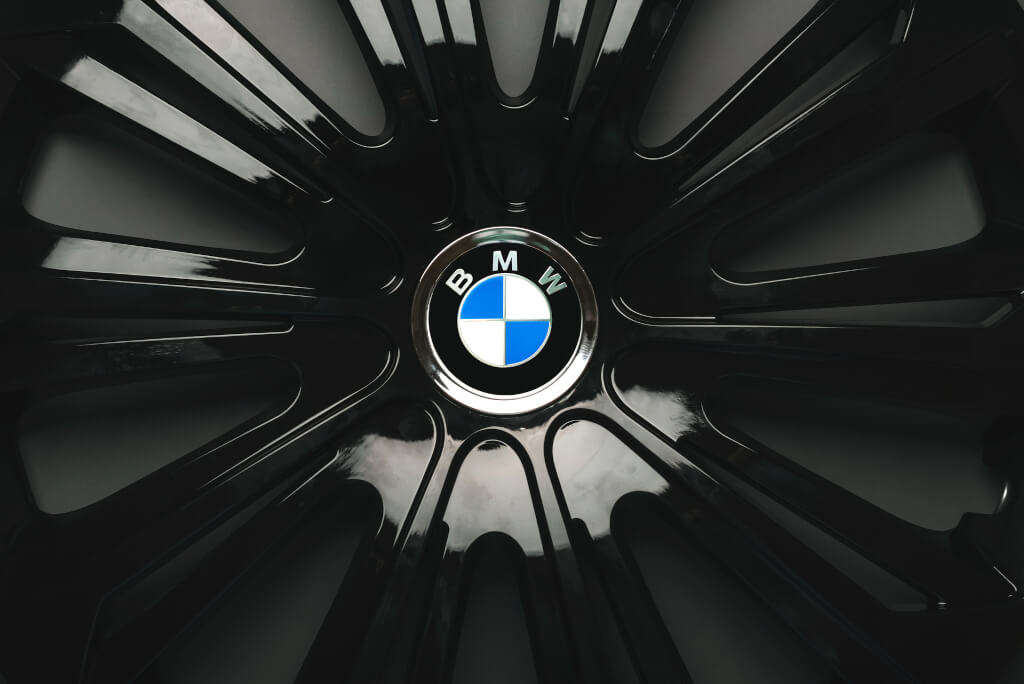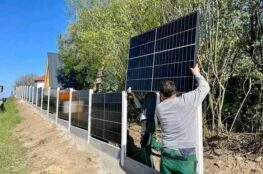The announcement of BMW Group’s commitment to invest R4.2 billion in South Africa over the next five years has set the country abuzz with eager anticipation. But why all the hubbub? BMW will now manufacture their plug-in hybrid X3 in South Africa thanks to this investment.
The Automotive Industry’s Quest to Reduce Carbon Emissions
Countries are rushing to cut carbon emissions as climate change rises to the top of the international agenda. South Africa has also entered this green marathon, employing a targeted approach to encourage the growth of emerging sectors.
We must make the switch to a more climate-resilient economic model. Our Just Energy Transition Investment Plan seeks to strike a balance between assisting companies that will be negatively impacted by the transition to renewable energy and taking advantage of promising new areas like green hydrogen and electric vehicles.
A European Ban That Sparks a Revolution in Africa
The auto sector has been rocked by the European Union’s plan to outlaw the sale of new petrol and diesel automobiles beginning in 2035. Considering that over sixty percent of our auto exports go to Europe, this might have a devastating effect. But hold on! The outlook is not entirely negative. One automaker is making the most of the current downturn in the industry.
BMW and the Cultural Shift
BMW’s decision to invest R4.2 billion in the construction of the next-generation BMW X3 is a huge boon for South Africa. BMW’s plug-in hybrid X3, which will begin production at the Rosslyn facility in Pretoria that year, will usher in a new era for the South African automobile industry. The confidence shown in our economy and our efforts to move towards low-carbon energy sources is reaffirmed by these investments.
Skilled Labour and Environmental Protection
BMW intends to reverse the narrative that decarbonization will lead to widespread job losses. More than 20,000 employees are reassured and excited about the future because of the company’s dedication to job retention, reskilling, and training in electro-mobility.
Policy Support for the Future
We are working together across sectors of society to enable a smooth and equitable shift to more sustainable modes of production. There are existing policies in place to help the auto industry, such as the Special Economic Zone incentives and the Automotive Investment Scheme.
Strategy for Jumpstarting the Electric Vehicle Industry
An approach is being formulated to encourage the production of affordable and efficient electric vehicles. South Africa must keep pace with the rest of the world and adopt electric vehicles. Green hydrogen, a clean fuel for vehicles exempt from the EU prohibition, relies heavily on South Africa’s enormous platinum mines and the country’s potential for renewable energy.
Decarbonization Fueling Economic Expansion
Growth, industrial competitiveness, job creation, and innovation can all be boosted by embracing decarbonization. In our 2018 State of the Nation Address, we highlighted the potential for revitalization and advancement in the face of change.
BMW’s investment and our progress towards a low-carbon future are indicative of this. The United States is racing towards a sustainable future, and no one can afford to lag. South Africans, hold on to your seats! The automotive sector is about to undergo major greening. BMW’s R4.2 billion investment signals the beginning of the end of the status quo. Is your eco-friendly future ready to be powered by an electric car?
About the Author:
Musa Khumalo is a seasoned writer and editor at Africa Nova, where he brings to life captivating stories from the heart of the African continent. With a deep-rooted passion for travel, luxury experiences, and culture, Musa’s work shines a spotlight on the diverse landscapes, people, local craft, and experiences that make Africa a world within itself.




